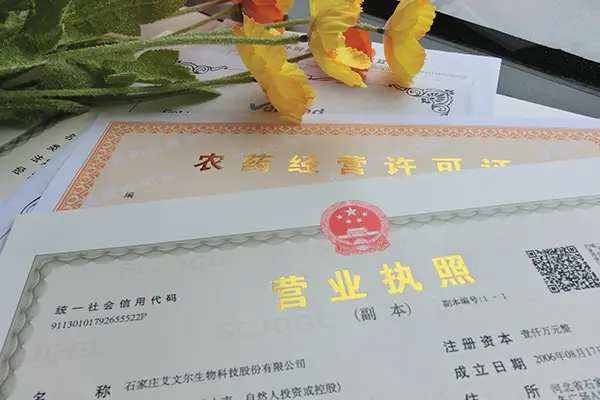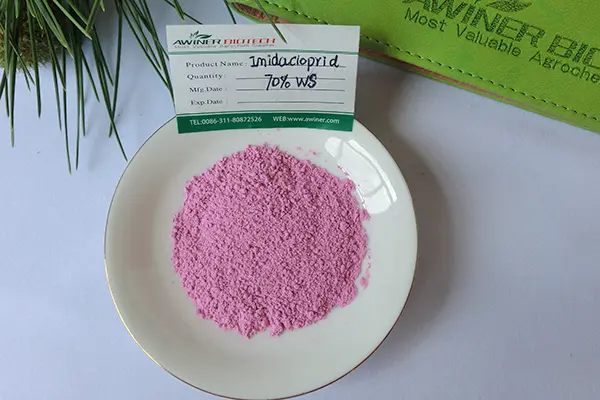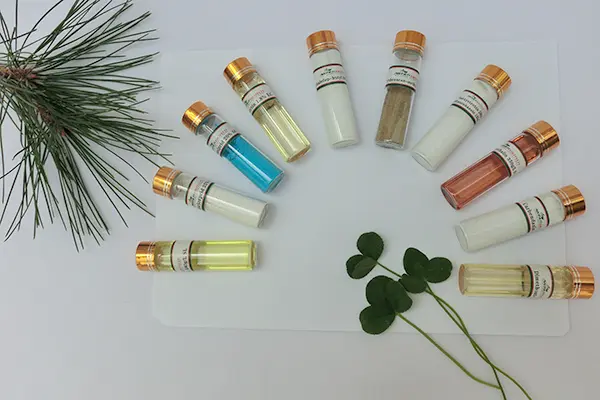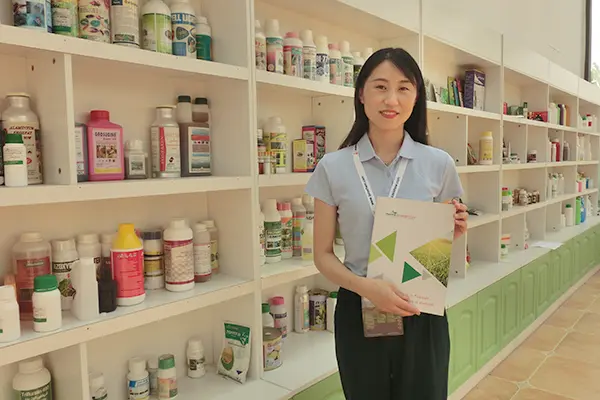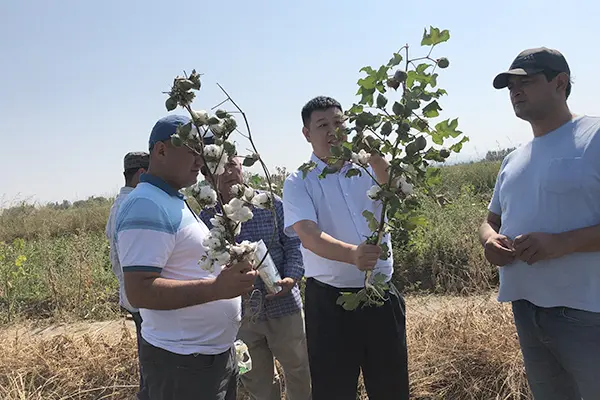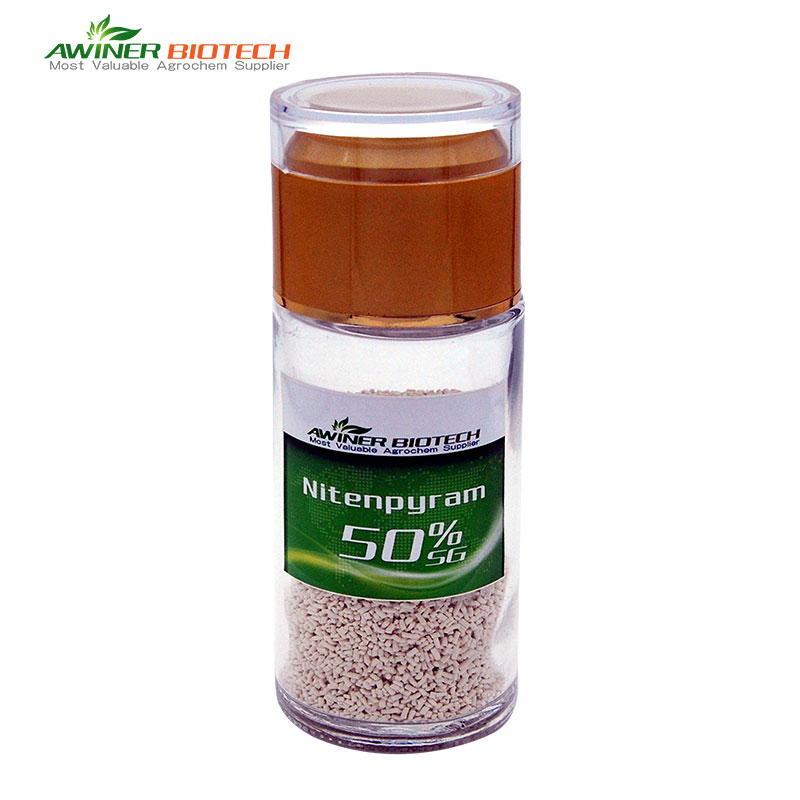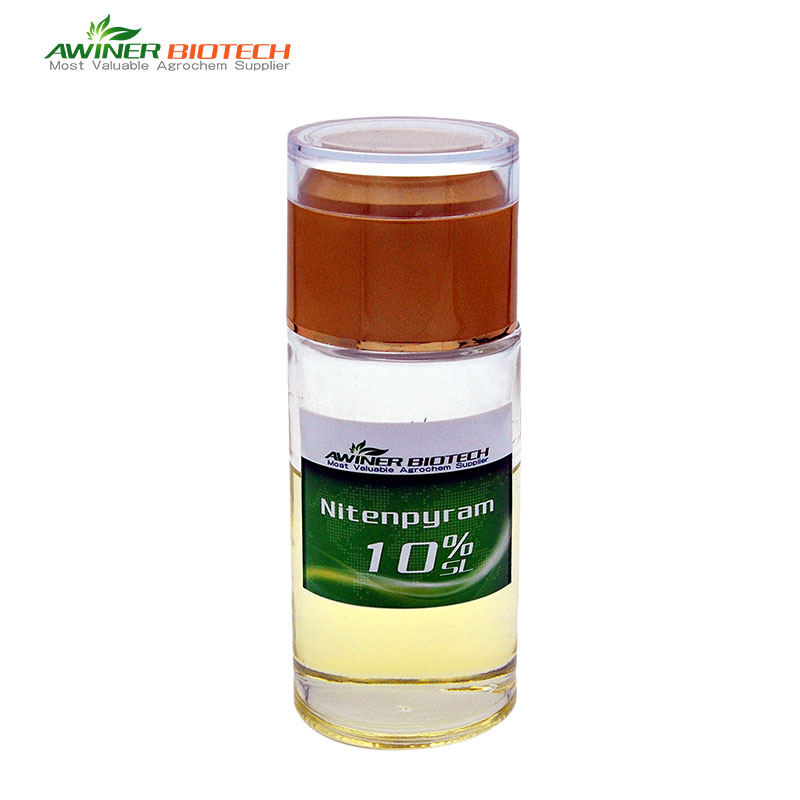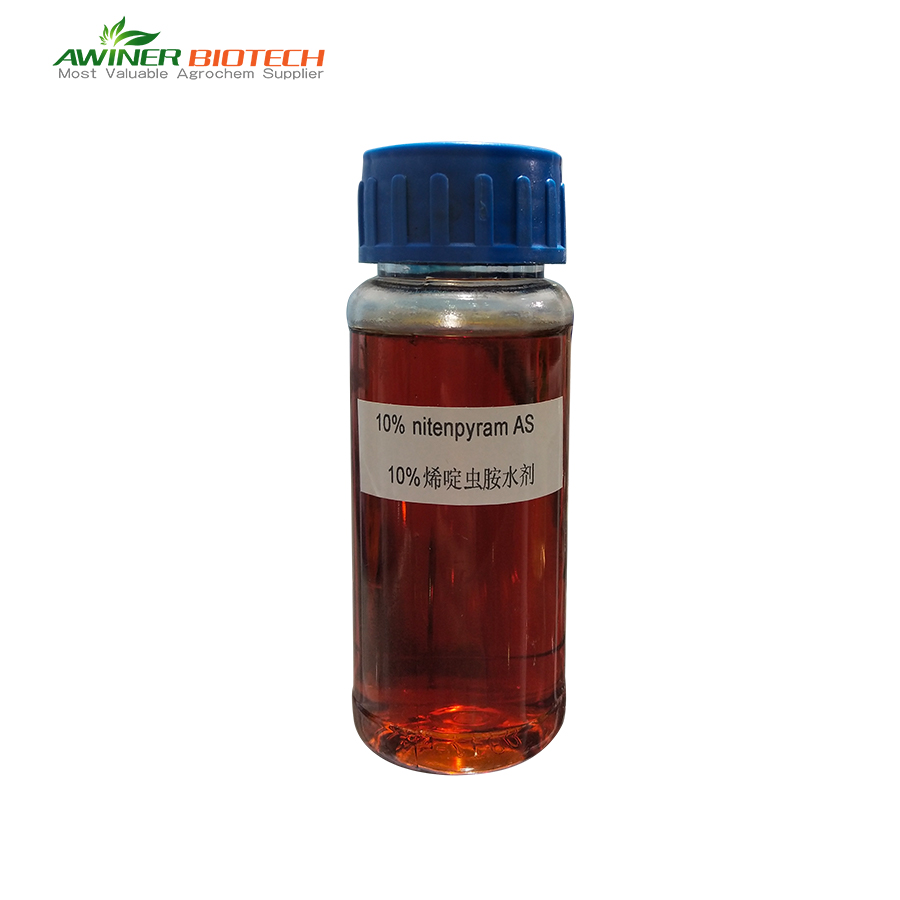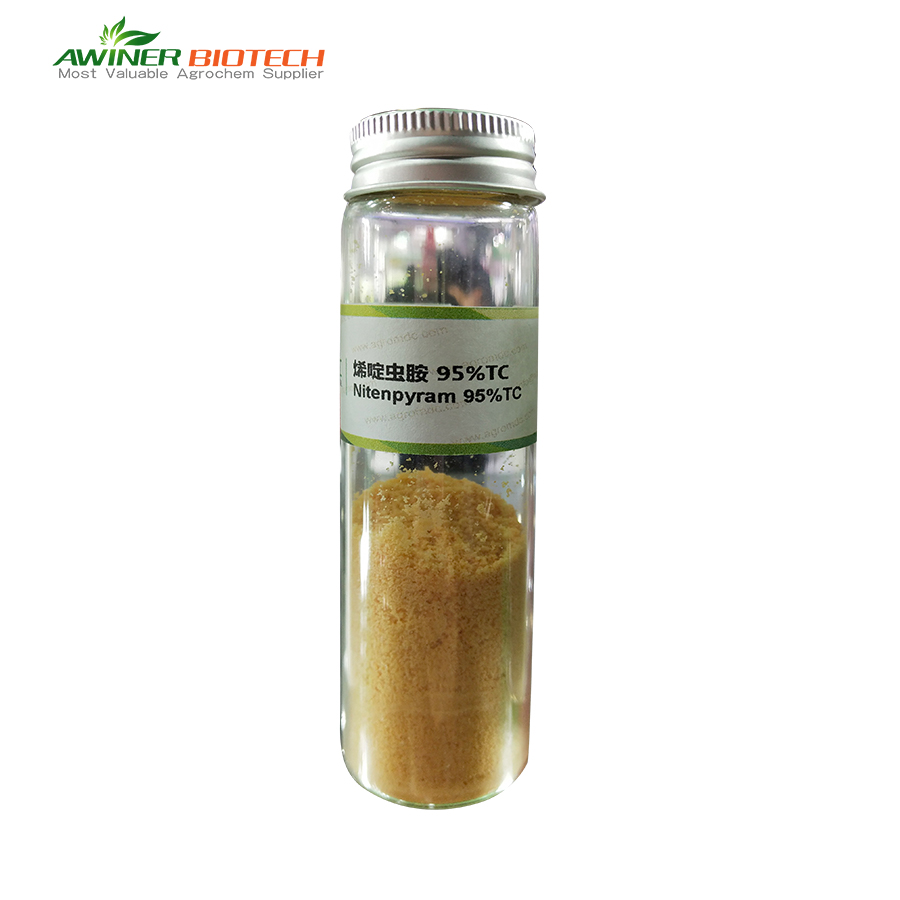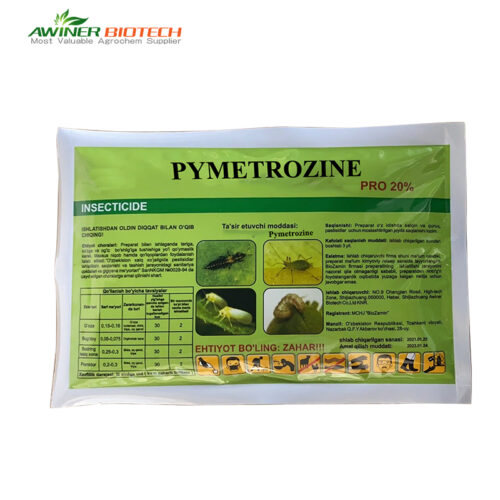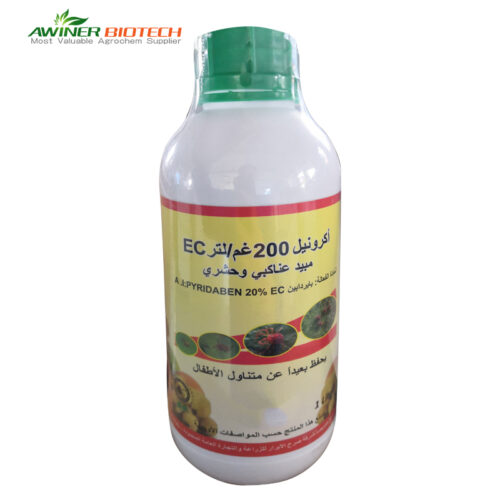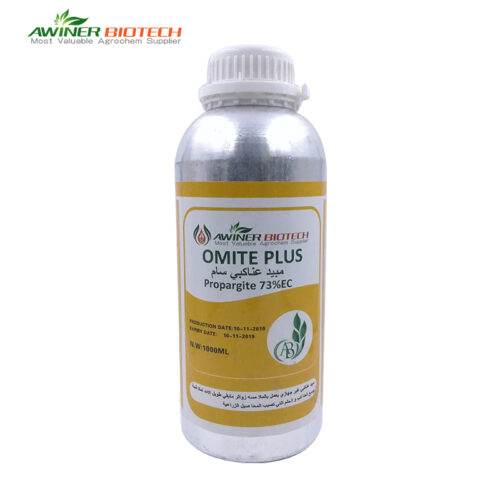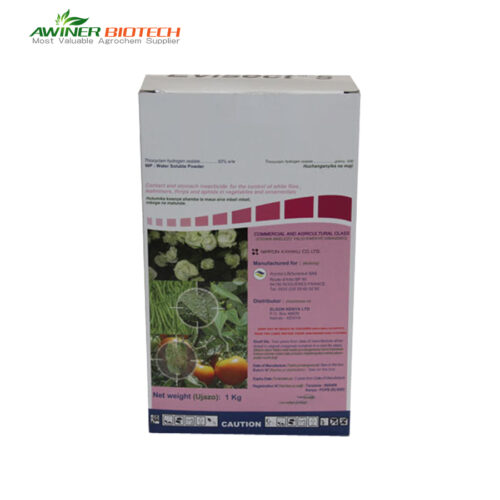Nitenpyram |
|
| Dosage form | 10%SL,50%WDG |
| Packing | Liquid:50ml、100ml、250ml、500ml、1L、5L、10L、20L Solid:10g、50g、100g、250g、500g、1kg、5kg、10kg、25kg |
| Formulation | Customized |
| Label | Customized |
| Crop-Pest | Cotton,Cabbage – Aphids Rice – Rice Planthopper |
| Certification | SGS、 ISO 、BV |
| Delivery time | 20-30 days |
| Mixture products |
|
| Payment terms |  |
Nitenpyram pesticide is a neonicotinoid insecticide. Its insecticidal action mechanism is the same as imidacloprid. Mainly used for fruit trees and other crops. Controls a variety of sucking mouthparts pests, such as aphids, leafhoppers, whiteflies, thrips, etc.
Nitenpyram: A Quick-Acting Insecticide
Nitenpyram is a powerful, fast-acting insecticide. It is commonly used to control external parasites like fleas and lice on both livestock and pets. As part of the neonicotinoid class, it acts quickly by attacking the insect’s nervous system. This causes paralysis and leads to the insect’s death. Nitenpyram offers quick relief from parasites, making it a reliable choice for keeping animals free of pests.
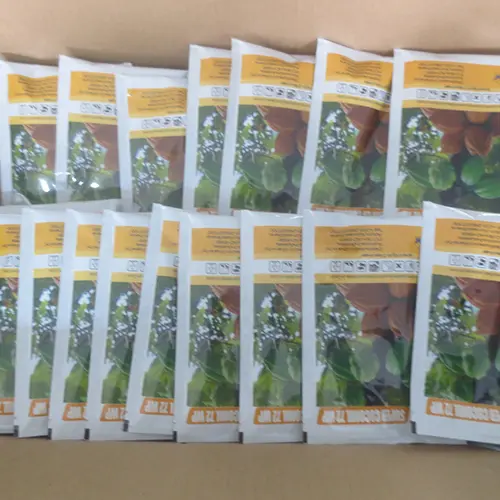 |
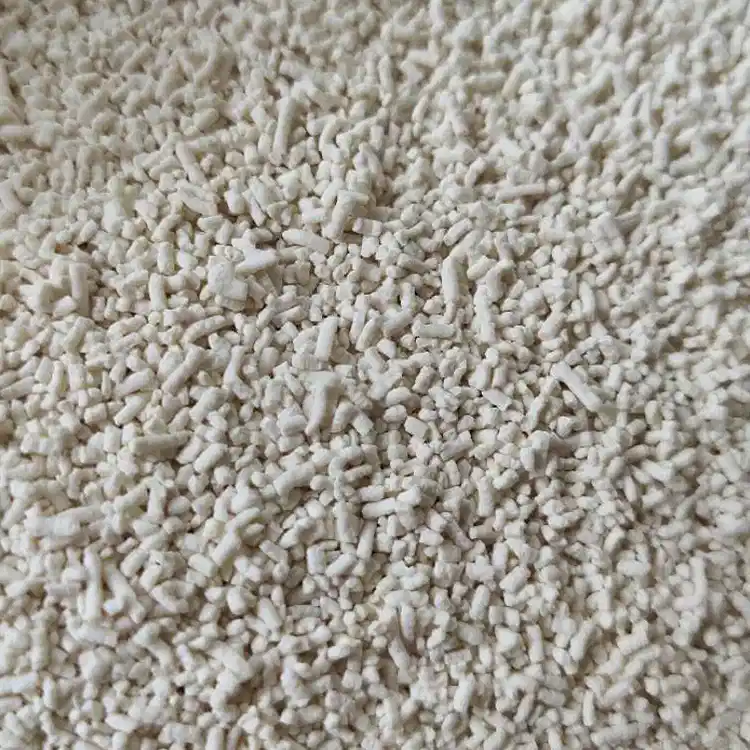 |
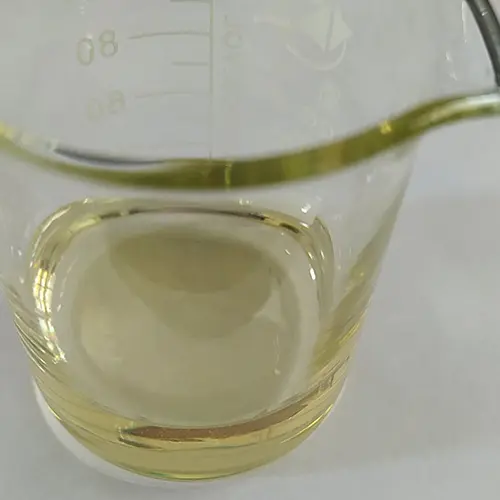 |
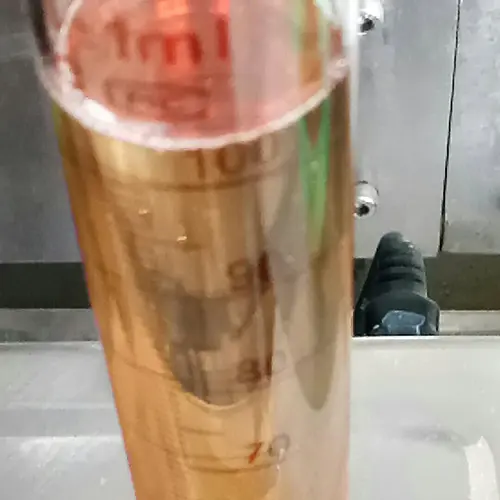 |
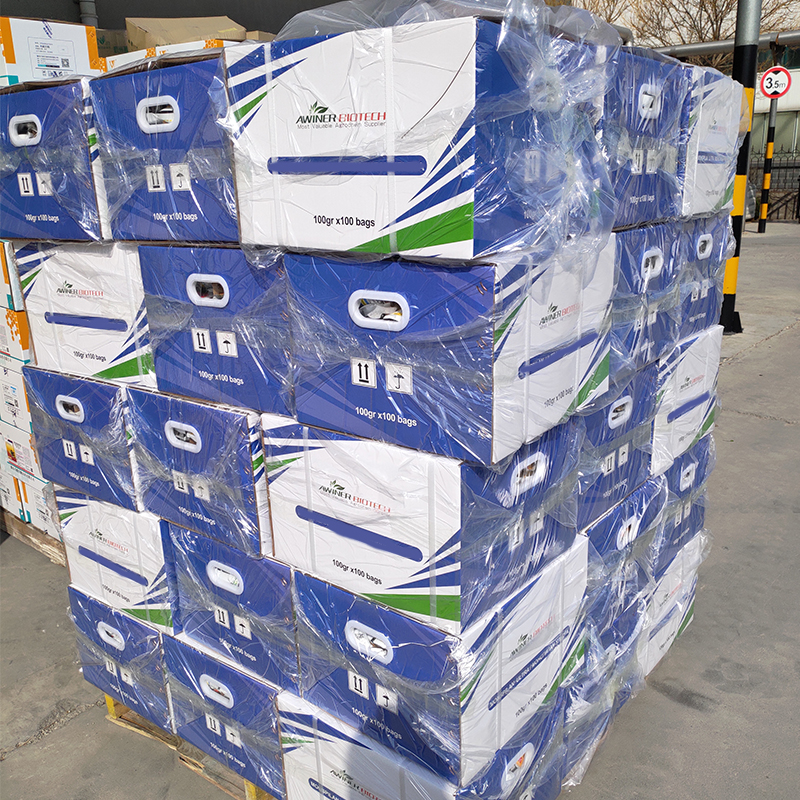 |
<About Awiner Biotech>
